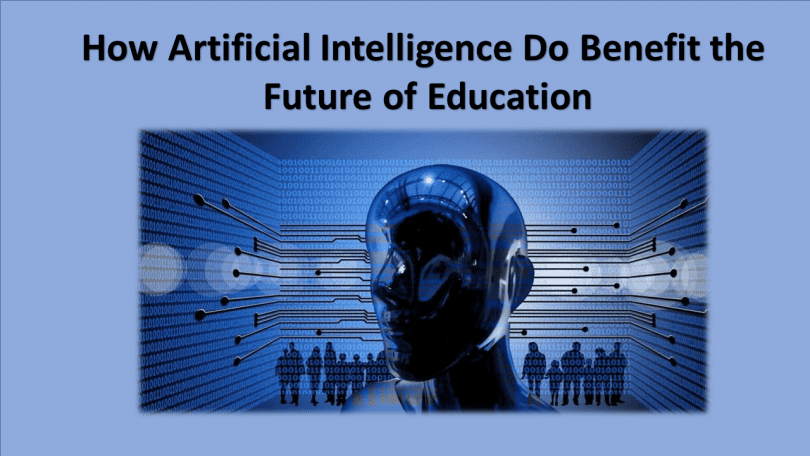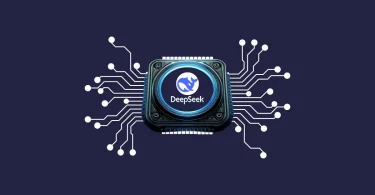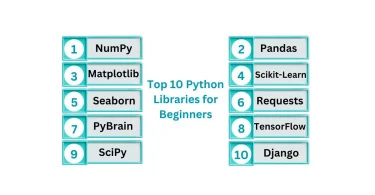Overview:
Artificial intelligence systems can be defined as software or machines capable of performing tasks that we typically associate with humans. These systems are useful because of the algorithms they use to make decisions. In other words, algorithms are the “brain” of an artificial intelligence system, and there can be risks and benefits associated with using algorithms to make decisions. Using algorithms, artificial intelligence systems can examine the data, draw conclusions, and then perform some kind of action Perform perception using sensors, such as those for facial recognition
Allow natural interaction for example interact with people through speech or gestures
Using models to reason about complex patterns or behaviors
With different combinations of capabilities and algorithms, artificial intelligence systems can do some things very well very quickly and on a large scale. Sometimes their performance can resemble that of humans. Some people are excited about the possibilities, some are scared and some are not even sure what is possible and what sci-fi is – there is a lot of hype out there
Possibilities of AI in education
Communication
Students and teachers will be able to instantly communicate with each other and connect with other forms of artificial intelligence around the world. Differentiation: With the availability of artificial intelligence, students and teachers will be able to connect to the resources they need exactly when they need them.
Personalization: What better way to provide more personalized learning opportunities to students than to have artificial intelligence capable of analyzing student responses, determining areas of need and interest, and finding resources or create new questions to help students better understand the content.
Exploration: With the advent of augmented and virtual reality and the benefits of bringing them to the classroom to allow students to have a more immersive learning experience and to see places and explore things that they don’t otherwise would not see, artificial intelligence can be a huge advantage for that.
Assessments: artificial intelligence could help teachers assess students and streamline the assessment process. The added benefit of being able to quickly capture data by it all means to provide analysis to teachers and save time for multiple interactions in class.
Advantages of using artificial intelligence
The common idea is that AI will eventually take over from teachers. This is not true. What AI does is manage the burden of repetitive tasks that teachers and schools face on a daily basis. There are also custom writing services like Online Writers Rating that help deal with all the repetitive writing tasks. This saves more time so teachers can focus on teaching students and other essential tasks and when using a grammar tool, the teacher does not have to repeatedly correct students’ grammar. Students can use AI-based tools to learn the pronunciation of words, their meaning, and their correct use. AI education is also beneficial for international students who are still struggling to learn a new language.
More personalized learning experience
Artificial intelligence in education enables schools to create personalized learning experiences for their students. From the data of the students, artificial intelligence can analyze the speed of learning and the needs of the students. With the results, schools can customize course profiles that enhance learning based on student strengths and weaknesses.
Wanting personalized lessons that meet the learning needs of each student is something that even the best tutors find difficult.AI-based technologies make it easier for schools to make more informed decisions. For example, they can include topics that match the learning requirements.




Leave a Comment